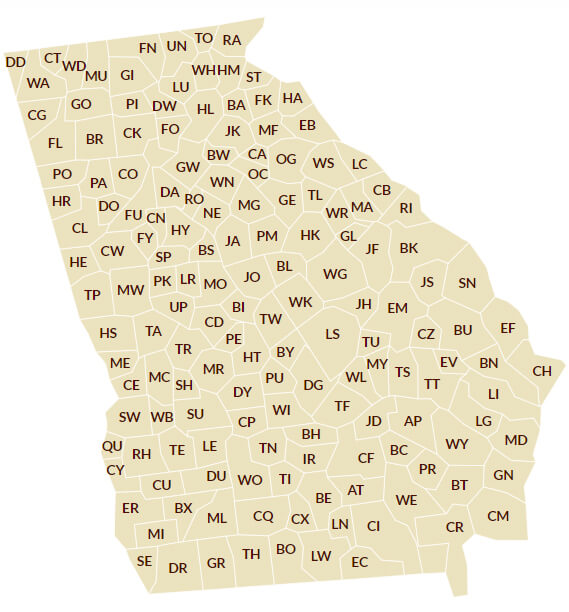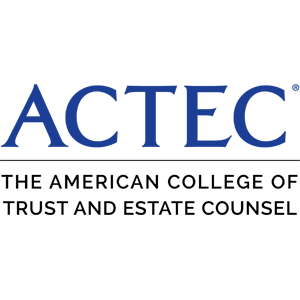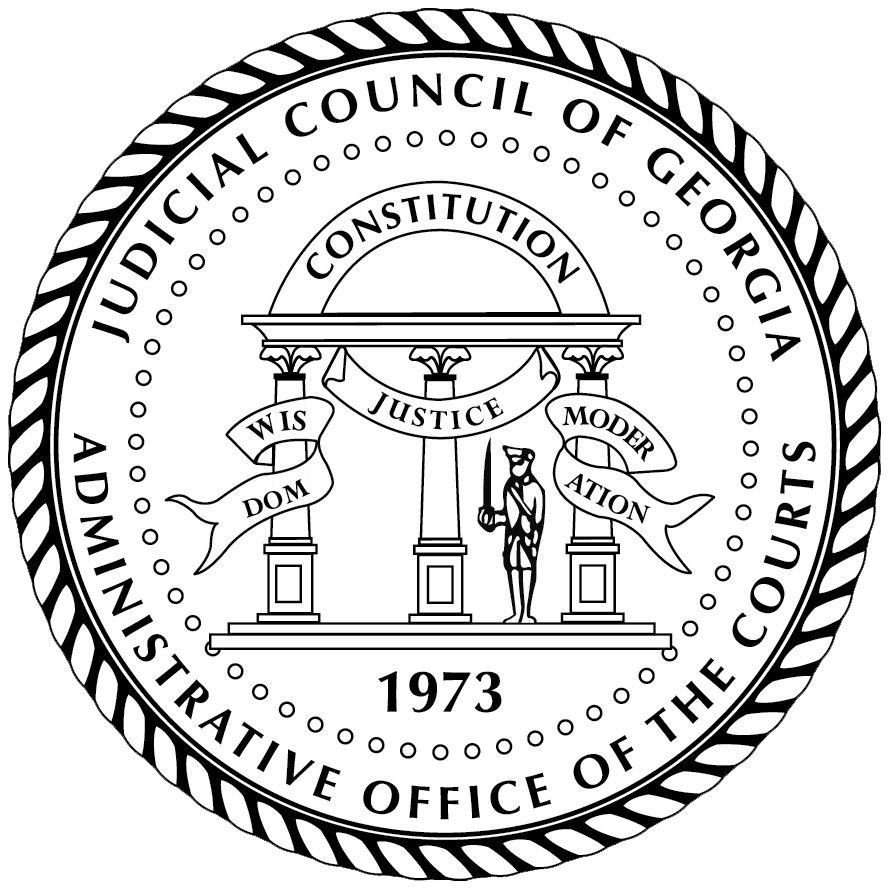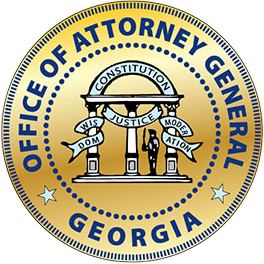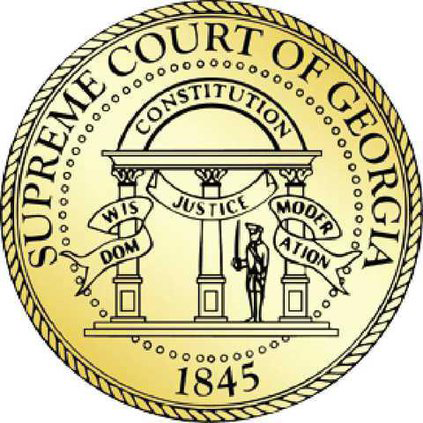Georgia General Assembly - The Georgia General Assembly operates under a bicameral system, consisting of the Georgia State Senate and the Georgia House of Representatives. The Senate has 56 members serving staggered two-year terms, while the House comprises 180 members with two-year terms. As the state's legislative body, the General Assembly is responsible for proposing, debating, and passing laws governing Georgia. Its duties include formulating the state budget, levying taxes, and addressing a wide range of policy issues, including education, healthcare, and criminal justice.


